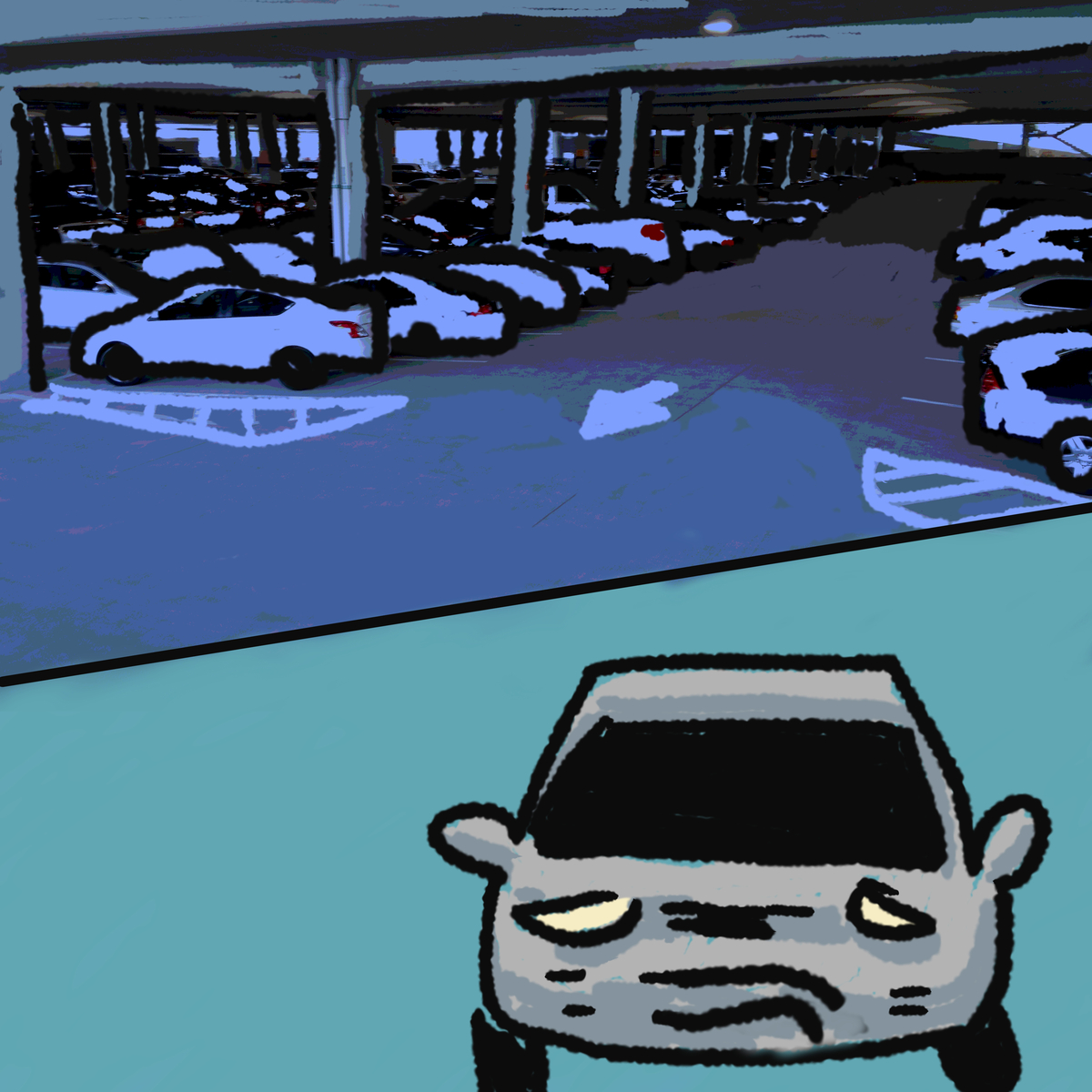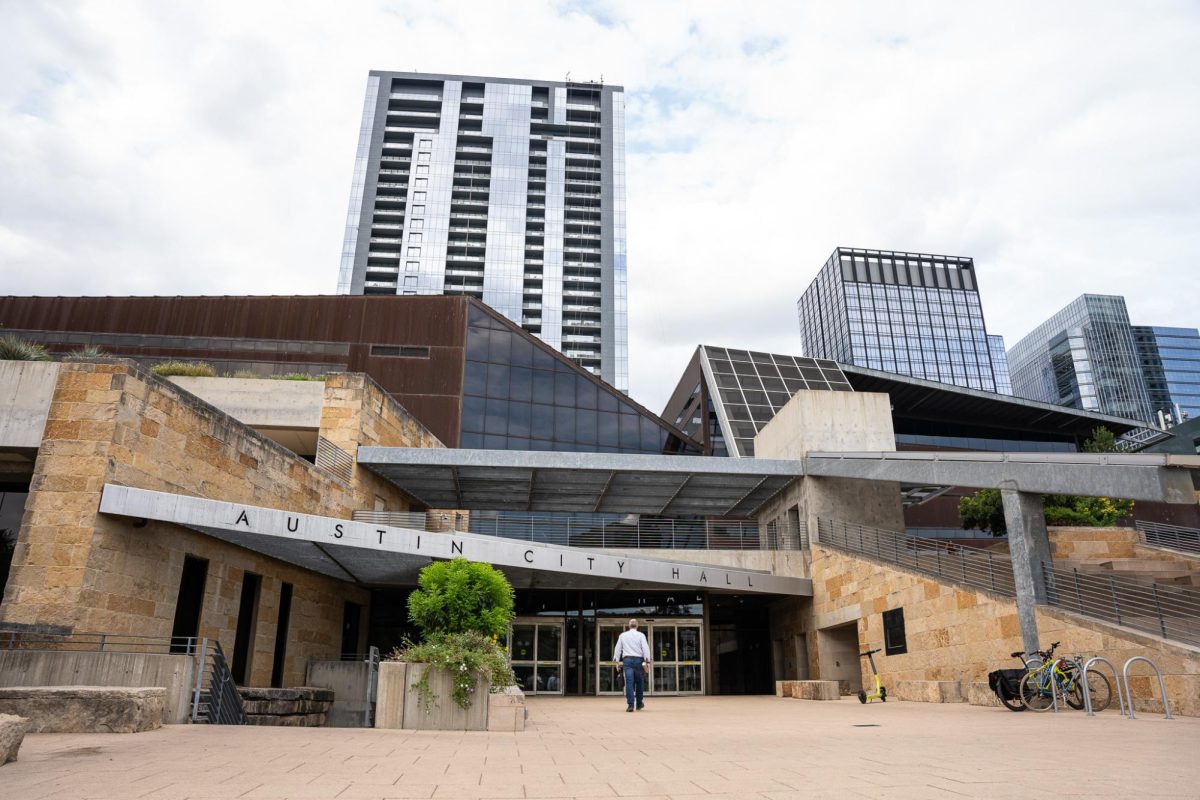The Austin City Council voted to eliminate parking space requirements on all new building developments on Nov. 2, making it the largest city in the United States to do so.
The approved amendments to the city’s land code no longer require developers to build a minimum number of parking spaces along with their building projects. However, developers are still required to build a minimum number of disability spaces. The elimination of parking minimums is part of an ongoing effort by the city to reduce housing costs and promote sustainable modes of transportation.
The Transportation and Public Works Department recommended the council take this action following a report the department published, which indicated that parking minimums cost developers $10,000 to $60,000 per parking space. The high cost of constructing parking spaces will then get passed on to tenants and homeowners through higher rent and sales prices.
“(A developer) is just not going to build a project and then have a $65,000 cost per unit added if you can’t pass it on (in the form of higher rent) because otherwise, it’s just eating into your profit margin,” said Jake Wegmann, associate professor of architecture and social work.
Wegmann said parking garages and underground parking cost the most and are prevalent in high-density areas, like West Campus, due to high land prices and a lack of space for surface parking lots. He said doing away with rigid parking requirements gives developers the flexibility to decide how much money is reasonable to spend on parking construction.
Etienne Lefebvre, the communications coordinator for the Parking Reform Network, said land space used for parking eats up space that could be used for additional housing units. He said this limits the housing supply and creates a more unaffordable housing market.
“We’re removing (parking) mandates, allowing developers to build however much parking they want,” Lefebvre said. “That’s the first step in unlocking all this land for other uses.”
Council Member Zohaib “Zo” Qadri of District 9, said the change does not eliminate current or future parking. However, he said this change helps to discourage the city’s dependency on cars.
“I hope to see us as a city relying more on public transit, walking or taking our bikes,” Qadri said. “The city needs to continue to make sure that people have confidence in efficient, reliable and equitable public transit.”
Council Member Mackenzie Kelly of District 6 said she voted against amending the land code because her district on the outskirts of the city contains fewer public transportation options. She said her constituents need the parking space for their vehicles.
“It takes people several miles in some instances to be able to walk to get to a bus stop or ride a bicycle,” Kelly said. “A lot of the residents I represent rely on their vehicles as daily transportation.”
Qadri said eliminating parking minimums will help to make the city more sustainable and affordable for the residents of Austin.
“The costs hurt our most vulnerable populations whether it be low-income folks, students (or) young professionals,” Qadri said. “It’s not going to be the magic solution to solve everything, but (I hope) it does its little part in solving the affordability crisis and makes Austin a more attainable city for a lot of folks.”















